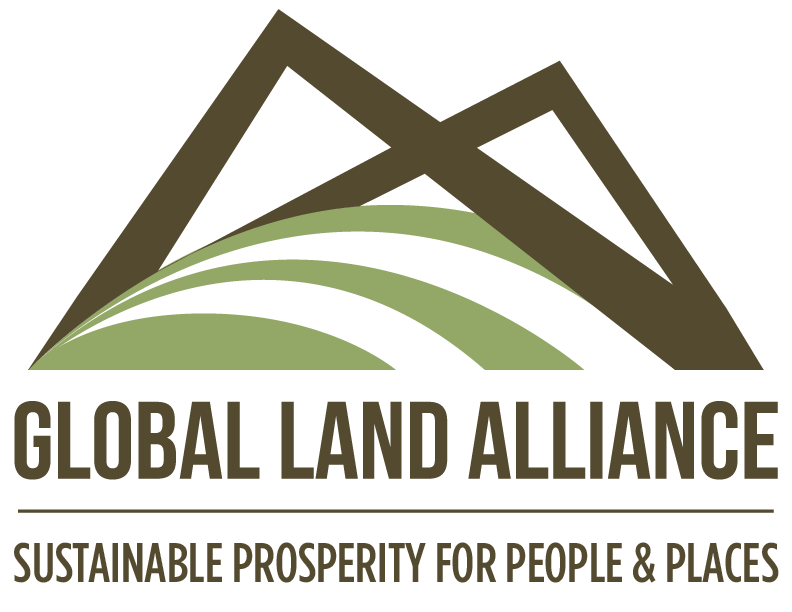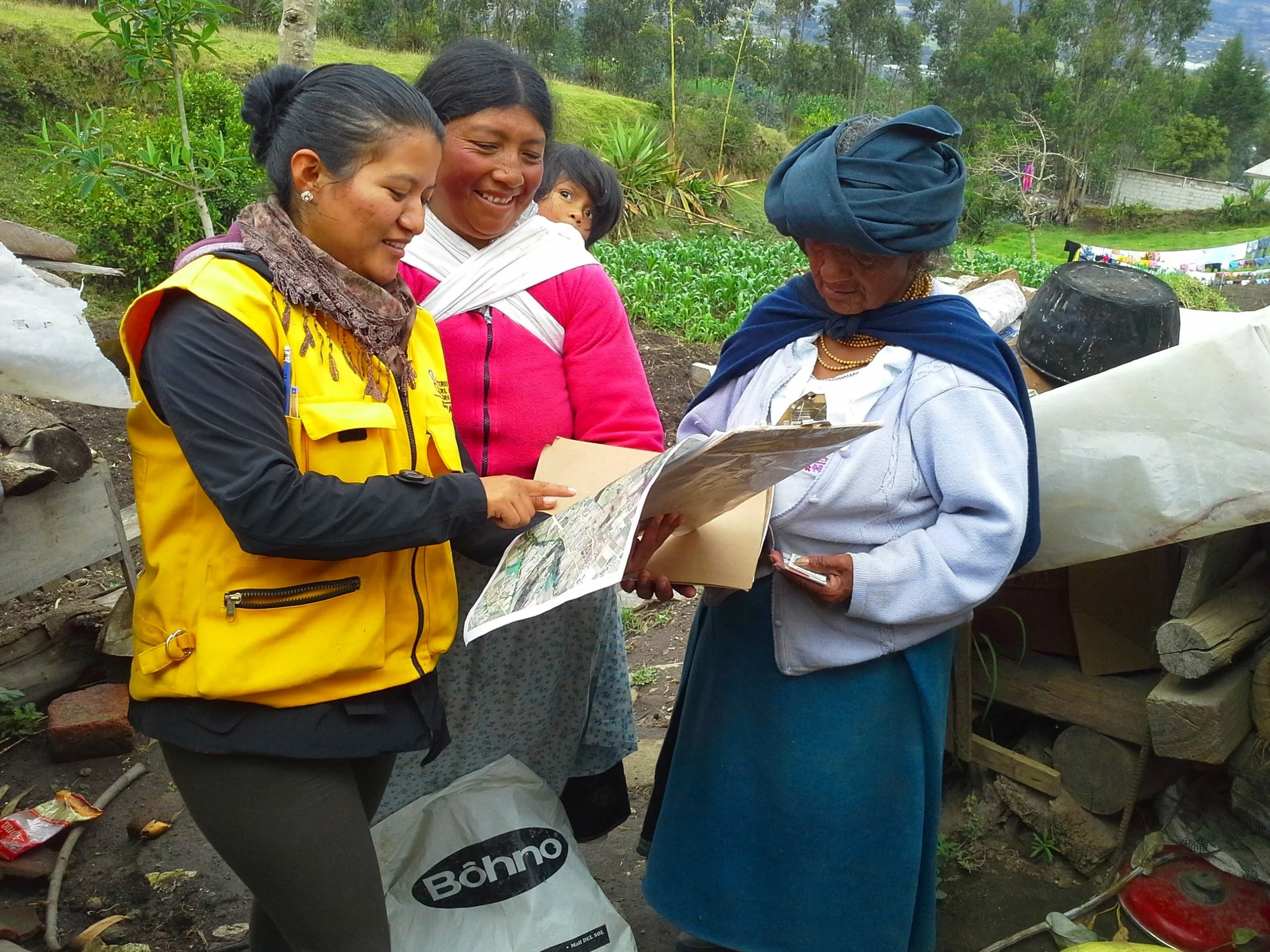International Women's Day 2022 - Women’s Land Rights and Formalization Campaigns Evidence shows high levels of risk for women to be “Invisible and Excluded”
Women’s Land Rights and Formalization Campaigns
Evidence shows high level of risk for women to be “Invisible and Excluded”
Land rights formalization and titling campaigns have improved land tenure security for millions of rural people over the past decades. But while many have benefitted, others have been left out, and risks are often highest for women.
With growing global recognition of women’s land rights as a central factor in achieving social development goals, many countries have adopted gender equitable policies in land rights formalization, requiring, for example, joint spousal registration for land held by married couples or for any couple living in a long-term “marriage-like” relationship.
However, marriage informality is a widespread phenomenon, and emerging evidence points to the risk that land rights formalization efforts may systematically exclude rural women who live with partners in informal marriages.
Formalization programs that fail to recognize and include these “invisible” wives risk leaving them worse off than they were before, by permanently assigning rights to the land on which they live and work solely to male partners.
In Global Land Alliance’s upcoming paper “Invisible and Excluded: Risks to Informal Spouses from Land Tenure Formalization and Titling Campaigns”, authors Jen Duncan, Laura Bermudez, and Kevin Barthel will highlight experiences from GLA and its national and international partners in tenure formalization efforts in Colombia and the Dominican Republic. Project-based experiences and emerging evidence from several Latin American countries indicate a very high risk that informal wives have been and continue to be excluded in land rights formalization.
Figure 1 This figure shows intersections of marginalized identities that make individual increasingly more likely that they will be "invisible and excluded" in land tenure formalization campaigns
Among informal wives, one subset appears to be at an even heightened risk: women who are “secondary” wives, forming part of a man’s second family, who may have worked and lived on land that will now be formally transferred to either the man alone, or to the man and his first, socially and/or legally recognized wife or partner. Risks are especially high for informal wives where title conveys a right to transact land, and in areas with active land markets – which oftentimes is one of the objectives of land formalization and titling projects.
The invisibility of women during land titling could have grave long term social and economic repercussions on shared development goals such as alleviating poverty, ending hunger and empowering women.
The issues and challenges associated with marriage informality are not easy ones to tackle, but the risks are too high to ignore, meriting a concerted effort by governments, donors, civil society and academics to pay attention to this issue in project assessment and design, and to conduct the research that will help us to better understand the extent and nature of the problem, as well as pathways for addressing it.
Join the discussion and learn more:
WEBINAR: Join Global Land Alliance and Land Portal on March 16, 10am EDT for a panel discussion entitled “Invisible and Excluded: Risks to Informal Spouses from Land Tenure Formalization and Titling Campaigns”. Learn more about the panelists and how to register here;
WATCH THIS SPACE: Global Land Alliance will be publishing a first-phase paper to dive deeper into this issue entitled, “Invisible and Excluded: Risks to Informal Spouses from Land Tenure Formalization and Titling Campaigns” next week. Subscribe to our mailing list and follow us on social media to get the most up to date information;
GET IN TOUCH WITH US: Do you see evidence of women being systemically “left out” in your land rights work? Do you have empirical or statistical data to show the scope of this issue? Get in contact with us, we would love to work with you to amplify this issue;
DONATE: Right now, one hundred percent of donations received by Global Land Alliance will go towards data collection, research, and raising awareness of this topic. Global Land Alliance is a 501c3 charitable organization. Donate here.



